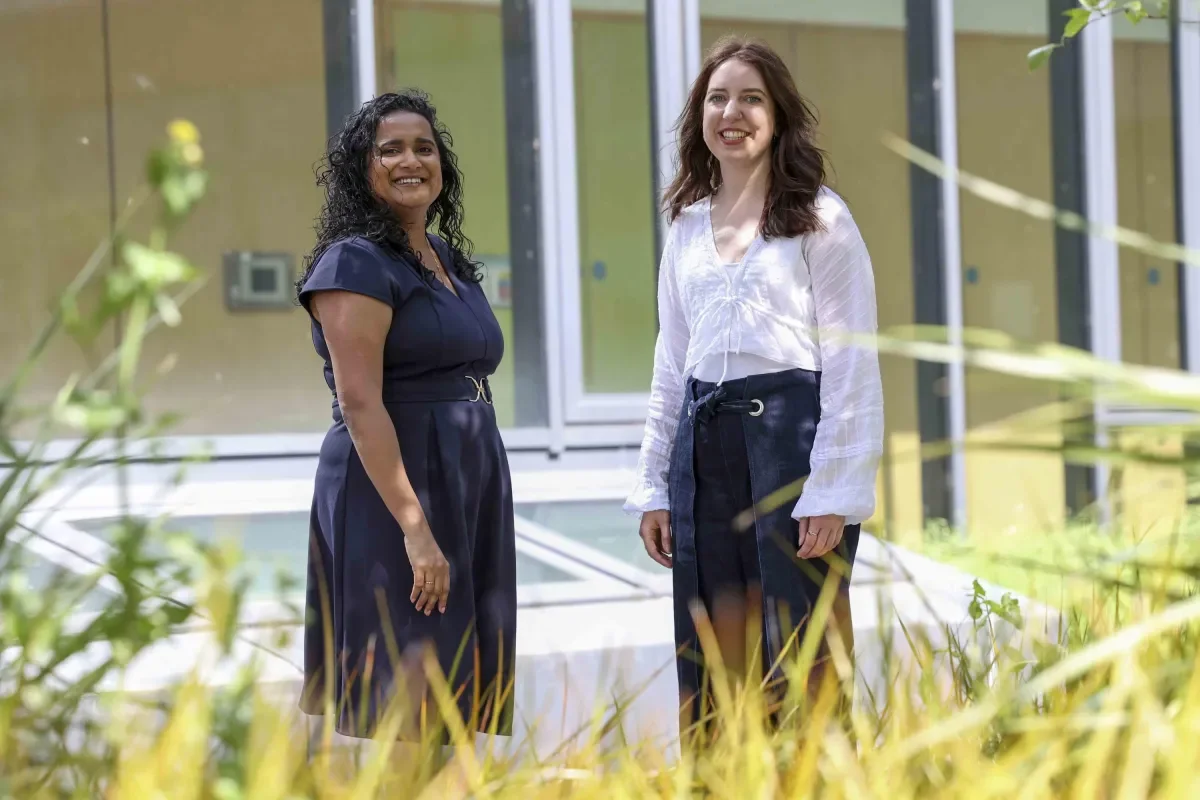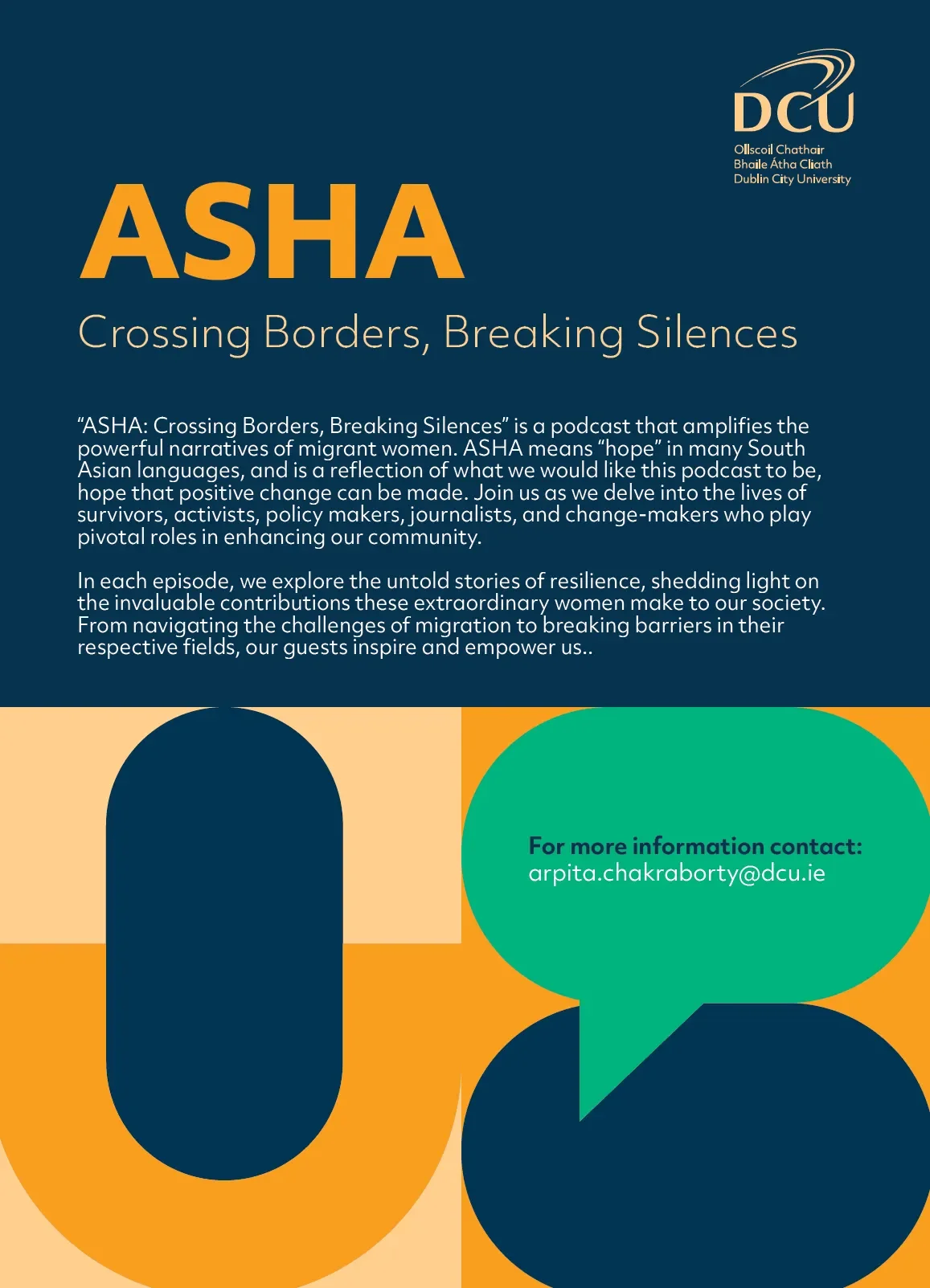

ASHA Podcast
ASHA: Crossing Borders, Breaking Silences
Welcome to “ASHA: Crossing Borders, Breaking Silences”, the podcast that amplifies the powerful narratives of migrant women. ASHA means “hope” in many South Asian languages, and is a reflection of what we would like this podcast to be, hope that positive change can be made. Join us as we delve into the lives of survivors, activists, policy makers, journalists, and change-makers who play pivotal roles in enhancing our community.
In each episode, we explore the untold stories of resilience, shedding light on the invaluable contributions these extraordinary women make to our society. From navigating the challenges of migration to breaking barriers in their respective fields, our guests inspire and empower us.
But it's not just about storytelling – "ASHA" is committed to driving meaningful change. We engage in conversations that aim to reshape policies, making them more empowering and equitable for migrant women in Ireland. Our spotlight is focused on addressing the nuanced experiences of domestic violence, advocating for solutions that foster safety, support, and justice. This podcast is part of a Pathway Fellowship funded by the Irish Research Council and the Science Foundation of Ireland, led by Dr. Arpita Chakraborty.
Join us on this transformative journey as we break the silence and work towards creating a more inclusive and compassionate Ireland for all.

Episode One - Dr Caroline West
In our first episode of the ASHA podcast, we’re joined by Dr. Caroline West—relationship columnist, media commentator, podcast host, and sexual violence response manager. Caroline shares insights from her work at the intersections of sexuality, media, and advocacy, reflecting on public conversations around consent, education, and social change in Ireland today. A thoughtful and engaging start to the series.

